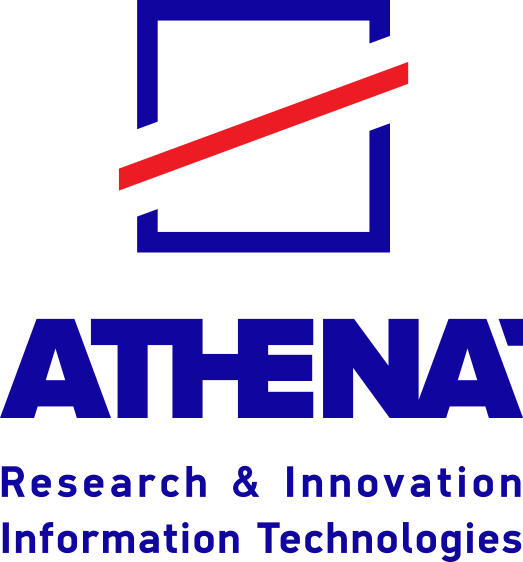Paul P. Sotiriadis
Professor
National Technical University of Athens, Greece
SHORT BIO
| Paul-Peter P. Sotiriadis (Fellow IEEE, Fellow AAIA) is a Professor of ECE and the Director of the Electronics Laboratory at the National Technical University of Athens (NTUA), Greece. He is also a member of the governing board of the Hellenic (National) Space Center. He earned a Diploma in ECE from NTUA with the highest-ever GPA, an MS in EE from Stanford, and a Ph.D. in EECS from M.I.T. Immediately after completing his Ph.D., he joined the ECE faculty at Johns Hopkins University. In 2012, he joined the ECE faculty at NTUA. His research focuses on developing analog-intensive integrated circuits (ASICs) to realize ML/AI algorithms and on applying ML/AI to automate the design and optimization of analog and RF circuits. He also investigates ML applications in position tracking, navigation, imaging, sensor systems, and drug development. With a background in Electronics and Mathematics, his expertise includes the design and modeling of analog, mixed-signal, and RF circuits and systems. He was named an IEEE Fellow for his contributions to coding methodologies in high-speed data buses and for introducing advanced RF frequency generation architectures. He has authored over 230 research papers, primarily in IEEE journals and conferences, and contributed chapters to technical books. He has received numerous awards, including the prestigious 2012 IEEE Guillemin-Cauer Award, 10 Best Paper Awards (primarily from IEEE conferences), the Broadcom Foundation USA Research Award, and the 2022 IEEE CAS Outstanding Technical Committee Recognition. For the past five consecutive years (2019 to 2023), he has been ranked among Stanford’s top 2% most influential researchers worldwide. He is an Associate Editor for the IEEE OJCAS and the IEEE Sensors Journal, has previously served as an Associate Editor for IEEE TCAS-I and TCAS-II, was a member of the IEEE CAS Fellows Evaluation Committee, and has participated in technical committees for numerous conferences. |



